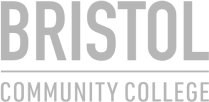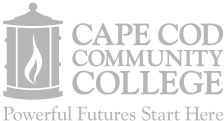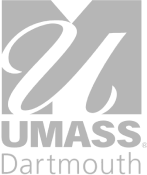Research on racial disparities in higher education underscores the significance of addressing implicit biases and microaggressions to advance racial equity and foster inclusive and supportive learning environments. These behaviors fall under the umbrella of equity-minded actions and involve heightening awareness of unconscious biases, delivering diversity and inclusion training, implementing policies fostering equal opportunities, promoting open dialogues, and actively confronting discriminatory behaviors and attitudes. These measurable aspects align with the tiers and competencies outlined in the ARE framework.
Equity-minded (also known as anti-racist) behaviors encompass actions that challenge and dismantle racism within institutions, including:
- Challenging Implicit Bias, Microaggressions, and Racial Trauma: Implicit biases, unconscious prejudices affecting thoughts and actions, along with microaggressions, subtle discriminatory behaviors, contribute to structural barriers, including racial trauma. Embracing equity-minded behaviors entails addressing these issues within the classroom and institution.
- Promoting Diversity and Inclusion: Fostering diversity through inclusive hiring practices, offering diverse courses, and nurturing a welcoming campus climate where all individuals feel valued.
- Adopting Equity-Minded Policies: Establishing policies to counter racism, such as zero tolerance for hate speech and providing equity-focused training.
- Holding Accountability: Challenging racism, learning from mistakes, and promoting growth within ourselves and others.
Implicit/Unconscious Bias and Racial Inequities: Unconscious biases towards racial or ethnic backgrounds can influence decision-making and interactions, leading to discriminatory practices within higher education settings. These biases can result in disparities in admissions, faculty promotion, discipline, resource allocation, and opportunities. Outcomes of training and professional development include enhancing representation in admissions and faculty promotions while reducing disciplinary involvement for minority groups.
Microaggressions and Racial Inequities: Microaggressions are subtle, derogatory verbal or nonverbal behaviors that perpetuate negative messages towards marginalized racial or ethnic groups. Addressing microaggressions aims to create a welcoming environment for all students, faculty, and staff. Training outcomes involve implementing incident reporting mechanisms, accessible training to mitigate microaggressions, and reducing reported incidents.
Addressing Racial Trauma and Racial Inequities: Addressing racial trauma entails recognizing and mitigating the psychological impact of racial discrimination within higher education. This involves acknowledging systemic racism and its effects, including microaggressions and disparities in access to resources. Training outcomes encompass heightened awareness of racial trauma, recognizing microaggressions and biases, fostering culturally responsive teaching, supporting students’ mental health, trauma-informed pedagogy, and promoting inclusive campus spaces.
Focusing on equity-minded behaviors, addressing implicit biases, microaggressions, and racial trauma and other related issues (e.g., stereotype threat, culturally responsive and affirming instruction) is vital for achieving racial equity and creating an inclusive educational environment that uplifts all individuals.










